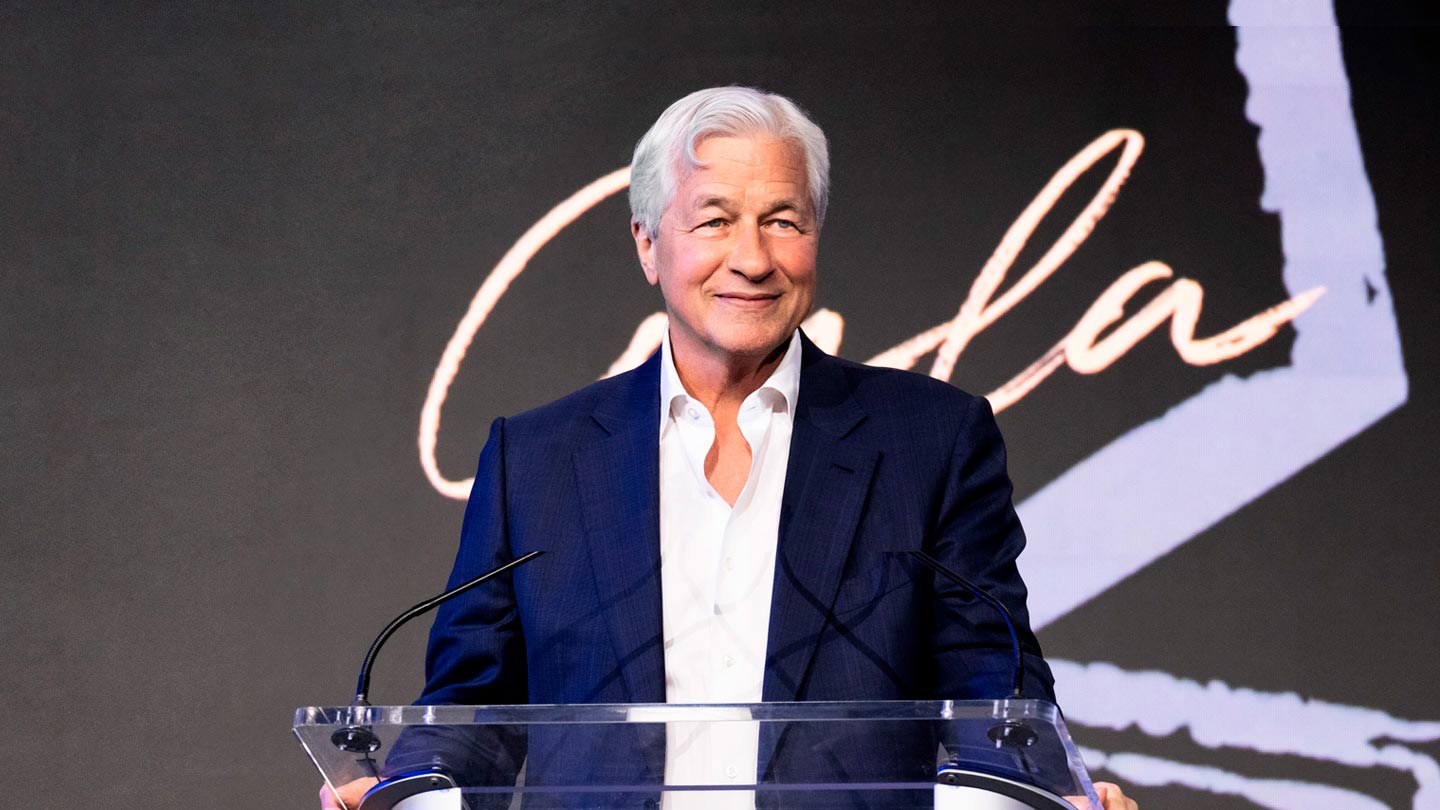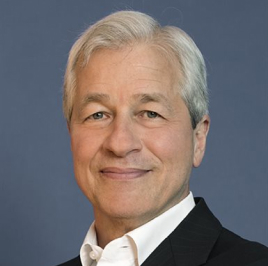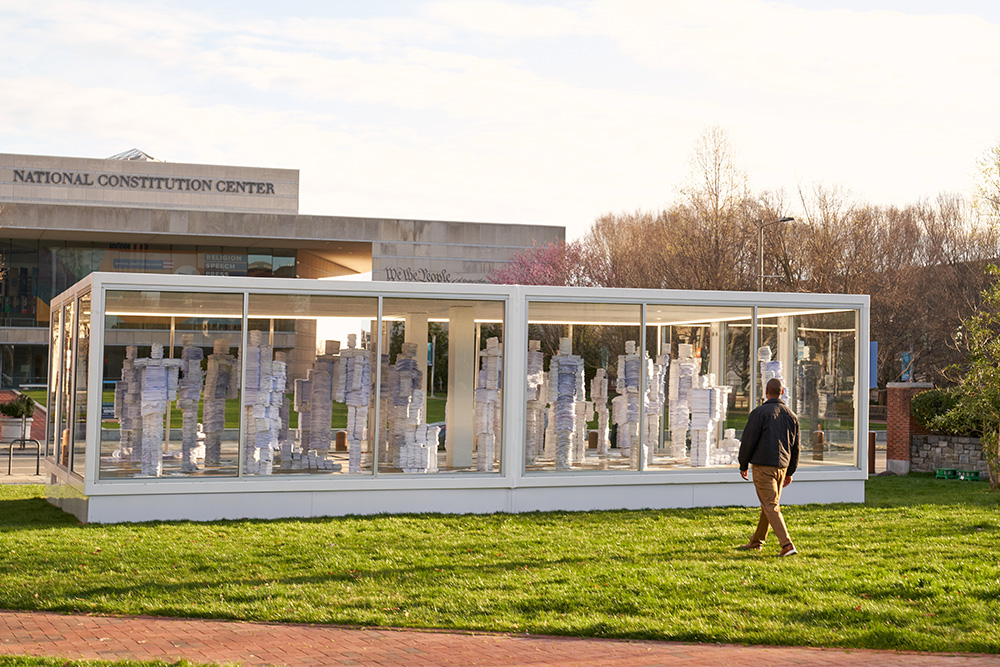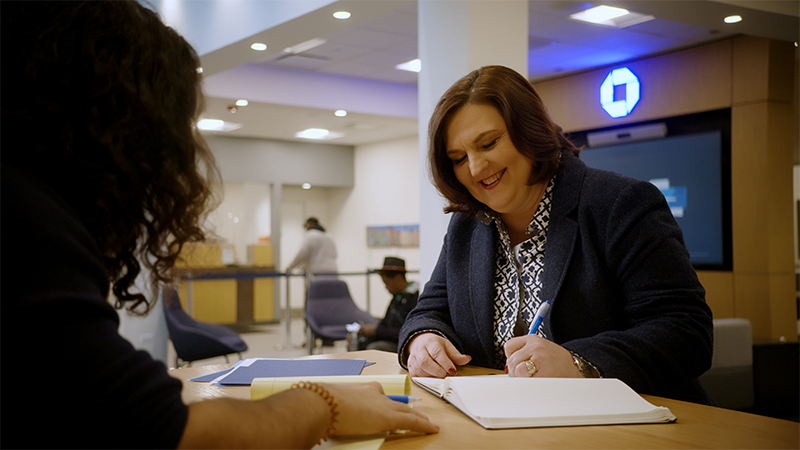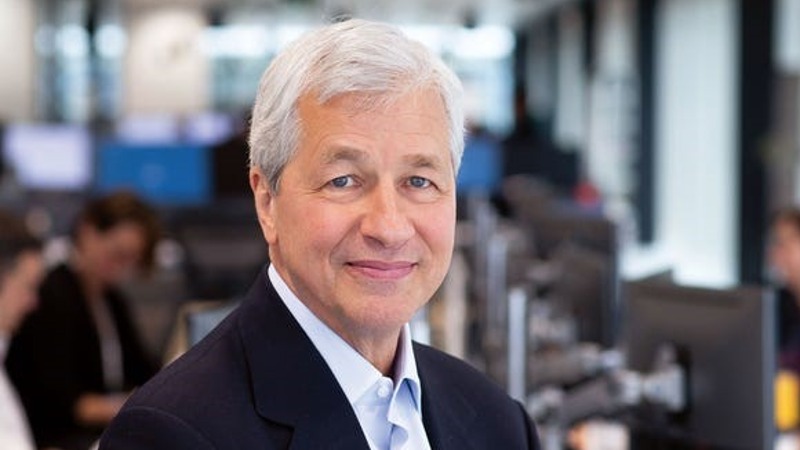Side note:
Emotional music plays.
On screen:
This video shows a diverse group of people who speak from an artists’ studio with hardwood floors. Each person holds legal documents
Text on screen:
1 in 3 Americans have a criminal record.
On screen:
A woman with long braided hair and brown eyes speaks to us:
Woman With Long Braided Hair and Brown Eyes:
I was a 19-year-old kid, I had never been in trouble before.
On screen:
A woman with long brown hair and green eyes, speaks:
Woman With Long Brown Hair and Green Eyes:
18 years old, just smoking weed in the dorms.
On screen:
A man with slicked-back dark hair and hazel eyes:
Man With Slicked-Back Dark Hair and Hazel Eyes:
Now I had a permanent record, and I had to deal with that.
Text on screen:
But even after they've paid their debt, their sentence continues.
On screen:
A man with short black hair and brown eyes:
Man With Short Black Hair and Brown Eyes:
I couldn’t vote, I couldn’t be a taxi cab driver…
On screen:
The woman with braided hair:
Woman With Long Braided Hair and Brown Eyes:
You don’t get housing opportunities…
On screen:
A bald man with a thick salt-and-pepper beard:
Bald Man With A Thick Salt-and-Pepper Beard:
Me trying to get jobs...
Side note:
He heaves a heavy sigh.
Bald Man With A Thick Salt-and-Pepper Beard:
...It followed me.
On screen:
The hazel-eyed man:
Man With Slicked-Back Dark Hair and Hazel Eyes:
I began to go through this expungement process and every step costs money, every step takes time.
On screen:
A woman with straight blonde hair and brown eyes speaks to us:
Woman With Straight Blonde Hair and Brown Eyes:
It can cost upwards of $10,000 per case.
On screen:
The man with short black hair:
Man With Short Black Hair and Brown Eyes:
Do I have the means to do it? Do I need an attorney?
On screen:
A man with blue eyes and a goatee speaks to us, clutching his legal documents.
Man With Blue Eyes and A Goatee:
and all you are is paperwork.
On screen:
A montage shows people putting hundreds of legal documents into stacks. A close-up shows a Department of Public Safety Request to Seal Criminal Justice Information.
Text on screen:
To highlight this issue, J.P. Morgan Chase turned millions of legal documents into The Waiting Workforce.
On screen:
Outside of the National Constitution Center building, The Waiting Workforce Installation is displayed in a large room with glass walls. It consists of dozens of life-sized figures made from the stacks of legal paperwork. The hazel-eyed man:
Man With Slicked-Back Dark Hair and Hazel Eyes:
When I actually walked up to this piece and I see all these people faceless and nameless… I look at that sculpture and I say “that is me”. I feel like one of these people who’s constantly waiting.
On screen:
At the exhibition, the man with short black hair looks at the figures and then speaks:
Man With Short Black Hair and Brown Eyes:
I’m like, those are people burdened by mountains of documents, mountains of paper.
Text on screen:
We made 38 statues, one for each state that has yet to pass Clean Slate legislation.
On screen:
A montage shows the different speakers in this video visiting The Waiting Workforce installation. The dark-haired woman:
Woman With Long Brown Hair and Green Eyes:
For me, Clean Slate legislation would mean a new lease on life…
On screen:
The woman with blonde hair:
Woman With Straight Blonde Hair and Brown Eyes:
Educational opportunities, employment opportunities, housing opportunities… It would be life changing.
Text on screen:
These laws would clear eligible records, helping millions get back to work and adding up to $87 billion annually to the US economy.
On screen:
A montage showss the legal documents and then the statues that were assembled from those documents. Now, the man with hazel eyes:
Man With Slicked-Back Dark Hair and Hazel Eyes:
It touches you very deeply to understand that there is maybe a light at the end of the tunnel.
On screen:
The woman with braided hair:
Woman With Long Braided Hair and Brown Eyes:
Yeah, my second chance, it’s definitely coming.
On screen:
The bearded man:
Bald Man With A Thick Salt-and-Pepper Beard:
Might have done some wrong. Doesn’t mean that you can’t change and do some right.
On screen:
This video ends showing the Waiting Workforce installation in front of the National Constitution Center museum.
Text on screen:
The Waiting Workforce. Commissioned by JPMorgan Chase.
JPMC is committed to second chances. 10% of our new hires are people with past records. Make Second Chances Happen. JPMorganChase.com/WaitingWorkforce.
Side note:
Legal disclosures:
Text on screen:
Participants compensated.
All qualified applicants will receive consideration for employment without regard to race, color, religion, sex, sexual orientation, gender identity, national origin, disability, or status as a protected veteran.
Copyright 2024 JPMorgan Chase and Co.
All rights reserved.
END
